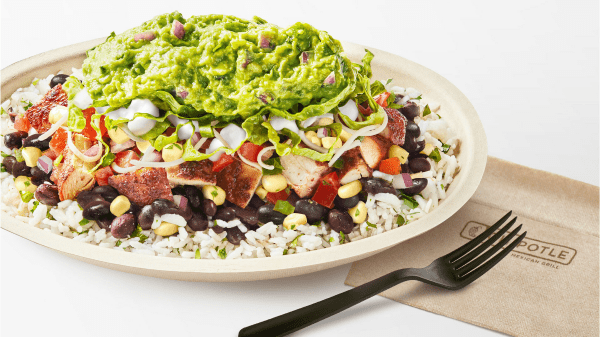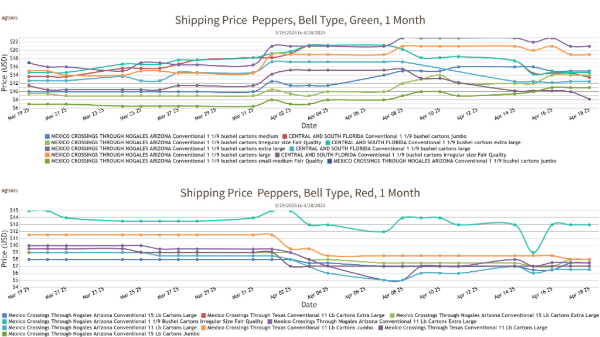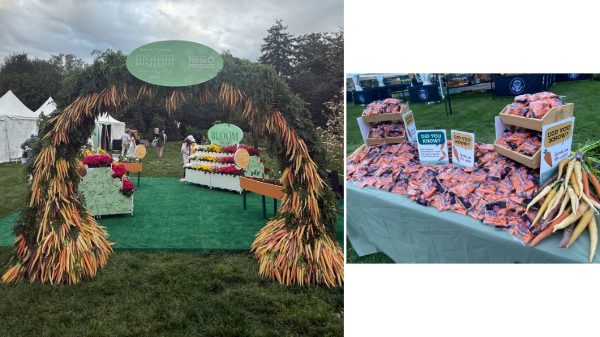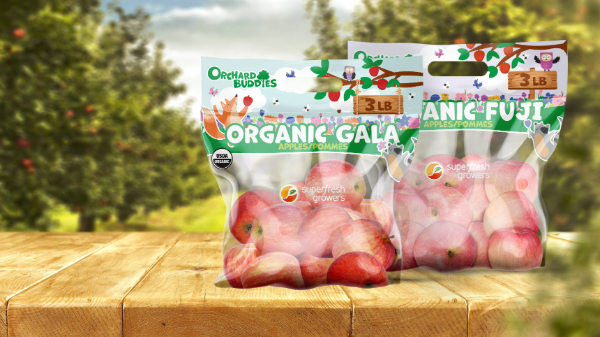Welcome to Blue Book!
Are you ready to join the thousands of companies who rely on Blue Book to drive smarter decisions? View our plans and get started today!
Still have questions? We’d love to show you what Blue Book can do for you. Drop us a line– we’ve been waiting for you.

A particular bright spot is Valencia oranges, up to over 45 million boxes for the season, from 30.2 million trees.
There is both good news and bad news when it comes to invasive pests.
The Oriental fruit fly is successfully eradicated in Miami-Dade County and the quarantine is lifted—allowing growers to resume shipments of tropical fruits and vegetables to farmers’ markets and supermarkets.
The bad news concerns the new Asian citrus psyllid and the spread of citrus greening. To help in this fierce battle, the USDA announces additional funding grants as the disease is now present not only in Florida but California, Texas, and Arizona as well. “Thanks to the continued, coordinated efforts between growers, researchers, and state and federal government, we are getting closer every day to ending this threat,” notes U.S. Secretary of Agriculture Tom Vilsack.
Between 2009 and 2015, the USDA invests more than $380 million to address the devastating effects of citrus greening.
Both the University of Central Florida and the University of Florida at Gainesville are grant recipients to help with the fight.
“There’s some technology out there that’s promising,” shares Seald Sweet’s Flores, though she cautions that federal approval may be jeopardized by environmental concerns.
Part of the ongoing research is breeding citrus greening-resistant trees.
Researchers with the University of Florida’s Institute of Food and Agricultural Sciences have developed genetically modified citrus trees that show enhanced resistance to greening, canker, and black spot.
Using a gene isolated from the Arabi- dopsis plant, part of the mustard family, scientists are able to create new trees.
Unfortunately, commercial availability of the trees is still several years away—and then there’s the question of whether the product will be widely accepted.
“The downside,” according to Flores, “is if consumers get wind that it’s genetically modified, they may not buy the product.”
Also in 2016, Harvest Croo Robotics is approved for a U.S. patent for the ‘Pitzer Wheel,’ an automated strawberry picker, named after co-founder and inventor Bob Pitzer.
“Without this invention, it would be difficult to gain commercial speed, picking a crop like strawberries,” comments Wish Farms’ Wishnatzki, who is also a co-founder of Harvest Croo. “Strawberry harvesting is just the beginning for us. The need for automation is going to be much greater in the years to come, as human labor becomes less available.”








